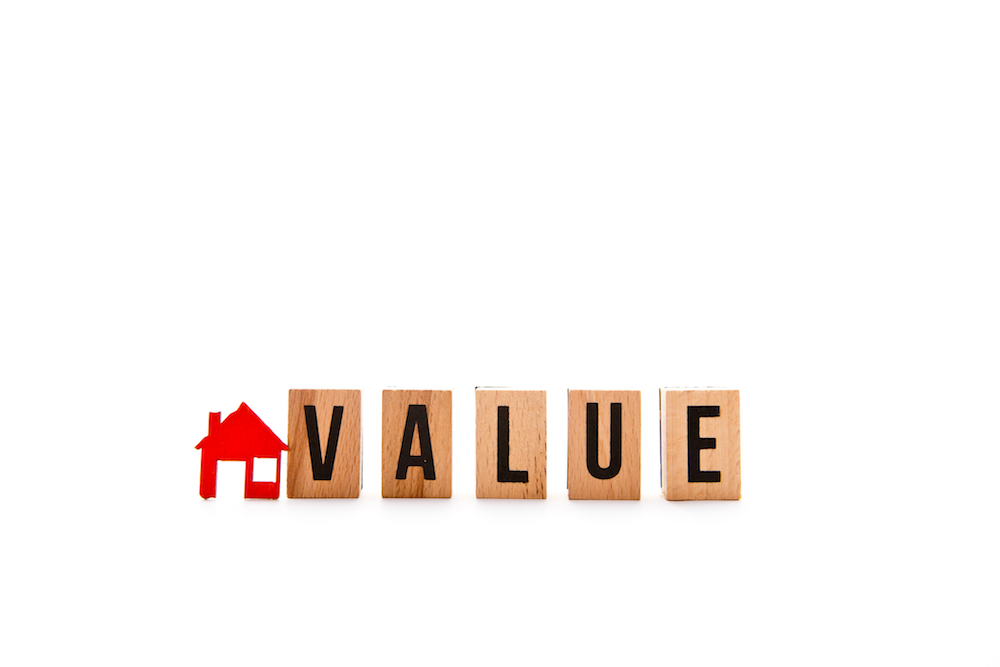
Properties across the Northern Washington area (and the country) can have multiple values leaving an owner or potential buyer mind-boggled and confused. So, what are various values and which one or ones matter?
A single property will have a tax assessed value determined its municipality; a market value; and, finally, an appraisal value determined by the lender’s appraiser. More confusingly, each one could be a different number. So, let’s break them down.
Tax assessment:
In an ideal world, tax assessment value would be close to market value. However, that’s not usually the case, particularly in high-demand markets such as Seattle and Tacoma. In most municipalities, the tax assessment is not required to reflect current market values meaning they aren’t an accurate or reliable indicator of current market values. What your county says your home is worth can differ wildly from what home buyers think it’s worth, especially when demand is high and supply short.
Keep in mind that your tax value affects what you pay in property taxes. For example, in King County the average property tax rate is 1.025-percent. On a $250,000 assessed home value, you’d pay $2,562 in property taxes.
To estimate an assessed value*, the county’s assessor compares your home to others, considers the property itself including recent enhancements or additions, income potential, if any, and even potential replacement cost in case of disaster. That gives the assessor one value which they then multiply by a fixed assessment rate – usually between 80 to 90-percent. That equals what the municipality considers the true assessed value of a property.
While tax assessment value sounds like it would be the most important value, it’s only one of the three values assigned.
*According to Realtor.com:
Market value:
Market value is the price at which the house sells. In other words, it’s what buyers are willing to pay. A tidy three bedroom, two bath house in Seattle’s most desirable neighborhood won’t necessarily have the same value in a less desirable Seattle neighborhood. Why? Because of demand. The more desirable an area, the more a buyer is willing to pay. That’s market value.
There are several factors a trained realtor will use to estimate market value:
- comps to other area homes including list vs. sale price and days on market
- location of the house and demand in the area
- the exterior condition of the home including lot size, utilities and even curb appeal and architectural style
- interior condition include square footage, upgrades, floor plan or layout, major systems such as HVAC, and age

Property Value…Whats, What??
Appraisal value:
Some buyers are surprised to learn that the three-bedroom house we just described might not appraise at its market value. ”Because the actions of a specific buyer don’t always represent the actions of a typical purchaser,’’ says John Bredemeyer, national chairman for government relations for the Appraisal Institute, a professional organization based in Chicago. The goal of an appraiser, he says, is to estimate the true market value of a property, so that the lender can make an informed decision when providing a loan. That is typically accomplished by using sales of comparable homes in the area, along with a physical inspection of the house and neighborhood, to deduce market value.” Your lender will use this appraisal amount to secure your loan so it’s important that this number is above or at the market value or purchase price.
Every house on the market has to be sold twice; once to a prospective buyer and then to the bank (through the bank’s appraisal). With escalating prices, the second sale might be even more difficult than the first.
So, while that buyer is willing to pay $1.5 million, the house might not appraise at that value given the neighborhood’s comps. It’s important to note that if a house appraises below the offer price, the buyer has to make up the gap between the appraisal value and their offer. The National Association of Realtors revealed this month that 8% of the contracts that fell through over the last three months were terminated because of appraisal issues.
Knowing the various values attached to a home can help a buyer make a more informed decision. A skilled realtor can guide a client through the multiple valuations which can help them either set a list price for their home or decide on a reasonable purchase price.
